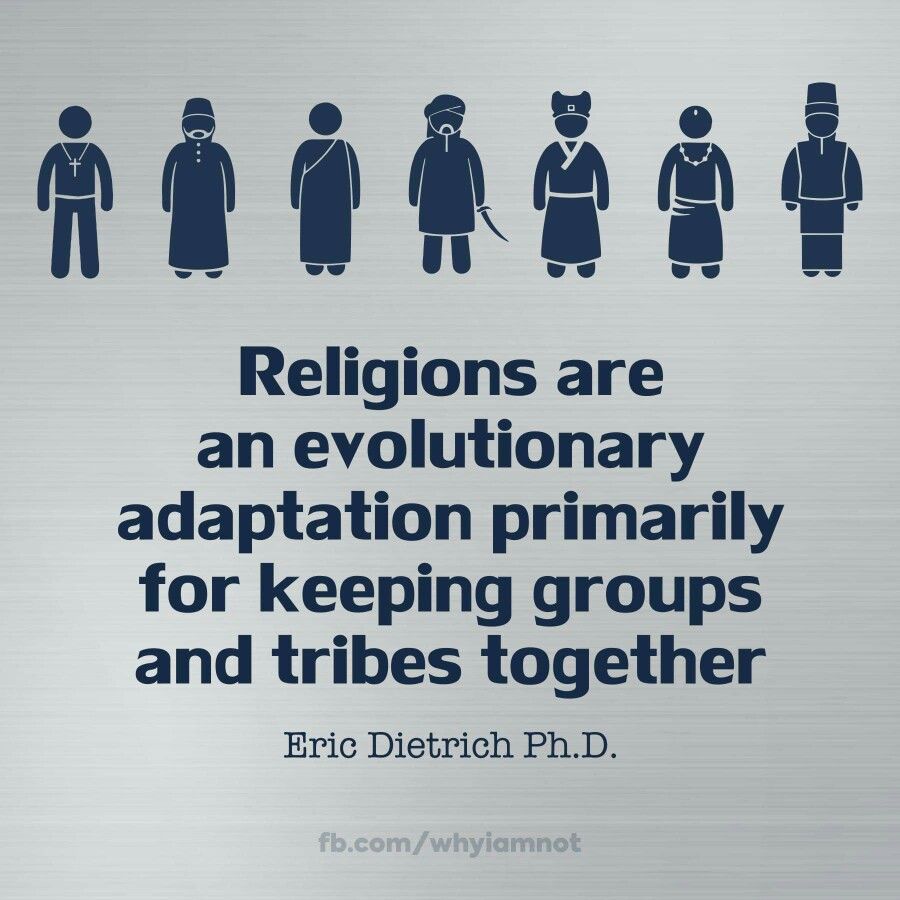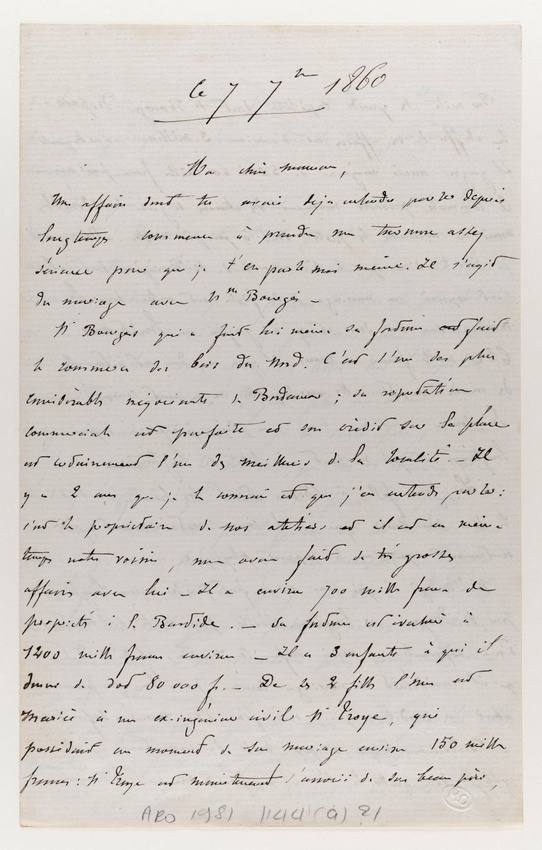Pope Leo Addresses The Growing Threat Of 'De Facto Atheism'

Table of Contents
Defining "De Facto Atheism"
"De facto atheism" represents a practical atheism lived out in daily life, a silent rejection of faith in action even if not explicitly professed. It differs significantly from declared atheism, which involves a conscious and vocal rejection of God's existence. De facto atheism subtly permeates modern society, often unnoticed yet deeply impactful.
Characteristics of De Facto Atheism:
-
Living as if God doesn't exist: This manifests in a life where spiritual considerations are absent from major decisions, from career choices to personal relationships. Individuals might pursue wealth and success without considering ethical implications or long-term spiritual consequences.
-
Prioritizing material wealth over spiritual values: The relentless pursuit of material possessions and worldly success often overshadows the pursuit of spiritual growth and fulfilling a life of meaning and purpose beyond material gain. This consumerist lifestyle, characteristic of many modern societies, indirectly signals a disregard for transcendent values.
-
Lack of engagement with religious institutions or practices: This includes infrequent or absent attendance at religious services, lack of participation in religious communities, and a disengagement from traditional religious rituals and practices. This disconnection weakens the spiritual fabric of society.
-
Disregard for moral principles rooted in faith: This can lead to a relativistic approach to morality, where actions are judged solely on their consequences rather than on a broader framework of ethical principles informed by faith traditions. Examples include a disregard for the sanctity of life, declining family values, and increased tolerance for unethical business practices.
-
Secular humanism as a dominant ideology: The growing influence of secular humanism, which emphasizes human reason and ethics without reference to divine authority, contributes to the rise of de facto atheism. This philosophical perspective can inadvertently marginalize religious viewpoints and values within public discourse and social structures.
Pope Leo's Concerns Regarding the Rise of De Facto Atheism
Pope Leo's address likely highlighted the significant dangers posed by this subtle form of secularism. He probably emphasized the insidious nature of de facto atheism, which erodes faith not through direct opposition but through a gradual indifference to spiritual matters.
Impact on Moral Values
The Pope likely linked the rise of de facto atheism to a significant erosion of traditional moral values, leading to societal breakdown and individual alienation.
-
Increased rates of crime: A decline in faith can be linked to a decrease in moral restraint, leading to an increase in crime rates and a breakdown of social order.
-
Family breakdown: The weakening of religious influence can undermine the stability of family units, contributing to higher divorce rates and less stable family environments.
-
Social unrest: The absence of shared moral values based on religious faith can fuel social unrest and division, making it more difficult to build cohesive and peaceful communities.
-
Loss of community spirit: The decline of religious institutions and communal faith-based activities can lead to a sense of isolation and diminished community spirit, making individuals more vulnerable to societal pressures and less engaged in civic life.
-
Lack of empathy and compassion: A focus on self-interest and material gain, without a broader moral framework rooted in faith, can lead to a decline in empathy and compassion for others, hindering social cohesion and cooperation.
-
Existential emptiness: The pursuit of material success alone often leaves individuals feeling unfulfilled and lacking a sense of purpose and meaning in life, leading to existential angst and unhappiness.
The Threat to Religious Freedom
Pope Leo probably emphasized that de facto atheism poses a significant threat to religious freedom, both for individuals and institutions.
-
Marginalization of faith: The dominance of secular values and perspectives often marginalizes religious beliefs and practices within public life and institutions.
-
Increasing pressure to conform to secular norms: Individuals holding religious beliefs might face increasing pressure to conform to secular norms and values, potentially sacrificing their faith or facing discrimination.
-
Limitations on religious expression: Religious freedom may be challenged through legal restrictions or societal pressures that limit the expression of religious beliefs and practices in public spaces.
-
Discrimination against religious believers: Those who openly express their religious convictions may face discrimination in employment, education, or social interactions.
Pope Leo's Proposed Solutions to Counter De Facto Atheism
In his address, Pope Leo likely offered several strategies to counter the influence of de facto atheism. These would likely involve a two-pronged approach: strengthening faith and engaging with secular society.
Renewed Emphasis on Faith and Spiritual Practice
The Pope probably advocated for strengthening religious belief and practice among believers.
-
Promoting spiritual formation: This involves providing resources and opportunities for spiritual growth, enabling individuals to deepen their faith and live it more fully.
-
Strengthening the role of the family in religious upbringing: The family is crucial in instilling faith in future generations, providing a strong foundation for moral development and spiritual growth.
-
Supporting religious education: Comprehensive religious education helps individuals understand their faith intellectually and emotionally, making it more relevant to their lives.
-
Fostering a deeper understanding of faith: Encouraging critical engagement with faith, moving beyond rote learning to cultivate a personal and meaningful relationship with God.
Dialogue and Engagement with Secular Society
Pope Leo likely advocated for bridging the gap between religious believers and those who identify as secular.
-
Promoting interfaith dialogue: Facilitating dialogue and understanding between different faith traditions can foster mutual respect and cooperation.
-
Emphasizing common ground and shared values: Focusing on shared moral values, such as compassion, justice, and human dignity, can foster greater understanding and cooperation between religious and secular communities.
-
Fostering charitable works and social justice initiatives: Engaging in charitable works and promoting social justice demonstrates the positive impact of faith on society, helping to counter negative stereotypes.
-
Engaging in constructive public discourse: Participating in open and respectful dialogue with those who hold different worldviews can help to dispel misconceptions and promote greater mutual understanding.
Conclusion
Pope Leo's address serves as a crucial wake-up call, highlighting the significant challenge posed by "de facto atheism" and its far-reaching consequences. His concerns regarding the erosion of moral values, the threat to religious freedom, and the growing alienation of individuals from spiritual meaning are deeply relevant. The proposed solutions – a renewed emphasis on faith and spiritual practice, combined with a commitment to dialogue and engagement with secular society – offer a pathway to counter the growing influence of de facto atheism. We must all reflect on our own relationship with faith and consider how we can contribute to building a more spiritually grounded and compassionate society. Further exploration of this issue can be found through various theological resources and discussions on the impact of secularism. Addressing the rising threat of de facto atheism is not merely a religious concern; it is a societal imperative demanding our collective attention and action.

Featured Posts
-
 Families Furious After Nhs Staff Accessed A And E Records Of Stabbing Victims In Nottingham
May 10, 2025
Families Furious After Nhs Staff Accessed A And E Records Of Stabbing Victims In Nottingham
May 10, 2025 -
 Oilers Vs Sharks Nhl Game Predictions Expert Picks And Betting Odds
May 10, 2025
Oilers Vs Sharks Nhl Game Predictions Expert Picks And Betting Odds
May 10, 2025 -
 The China Factor How It Affects Luxury Car Brands Like Bmw And Porsche
May 10, 2025
The China Factor How It Affects Luxury Car Brands Like Bmw And Porsche
May 10, 2025 -
 Gustave Eiffel Et Sa Mere Melanie L Histoire Meconnue De Dijon
May 10, 2025
Gustave Eiffel Et Sa Mere Melanie L Histoire Meconnue De Dijon
May 10, 2025 -
 Family Support For Dakota Johnson At Materialist Los Angeles Premiere
May 10, 2025
Family Support For Dakota Johnson At Materialist Los Angeles Premiere
May 10, 2025
